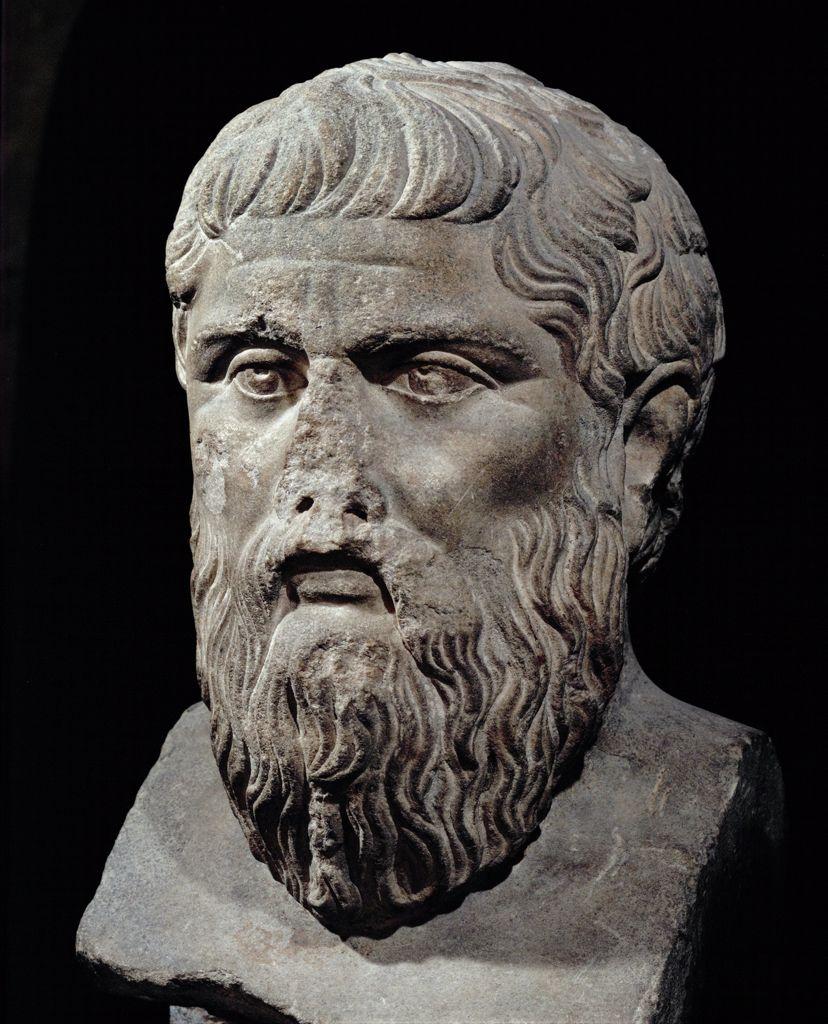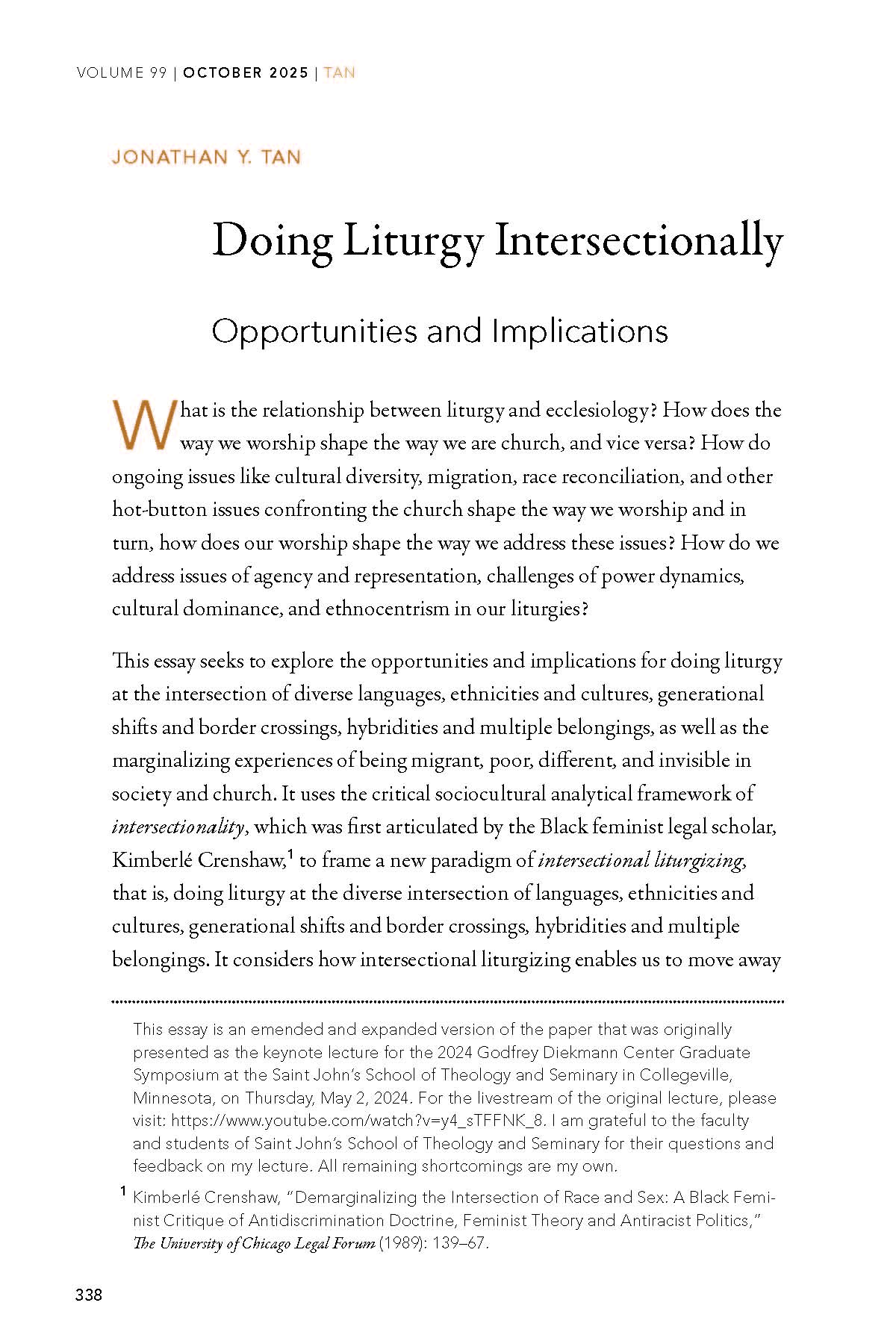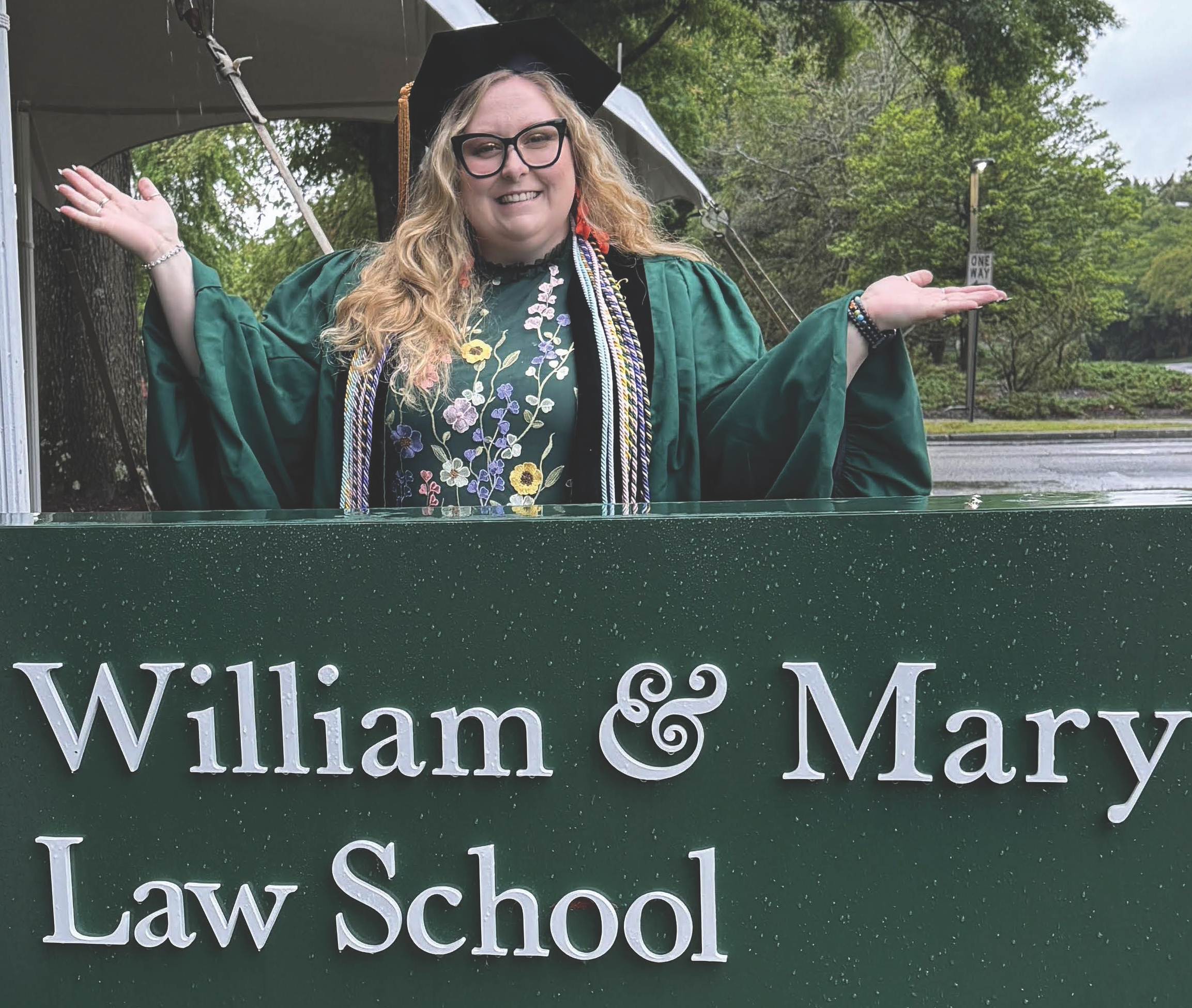The Department of Religious Studies examines religious beliefs, institutions and practices using approaches from the humanities, arts, social sciences and sciences. The academic study of religion, combined with appropriate courses in other fields, provides an excellent background for any professional career—including law, engineering, medicine and health care professions, journalism, social work and others—and for graduate studies in a number of fields.
A major in religious studies provides a well-rounded liberal arts education or can be combined conveniently with a second major. Minors or sequences in religious studies complement and broaden any field chosen as a major.
Dr. Jonathan Tan quoted in USA Today
USA Today reached out to Dr. Jonathan Tan, the Archbishop Paul J. Hallinan Professor in Catholic Studies I, for comment in their recent article, “‘Nationalism on Steroids:’ Trump, Catholics battle over morality” (Jan. 21, 2026). “This is no mere minor statement but a major unanimous statement from all three actively serving U.S. cardinals challenging the trajectory of Trump’s foreign policy and its use of military force — not in self-defense, but for partisan political and economic self-interest,” said Dr. Tan.
Dr. Deepak Sarma quoted in University World News article
Dr. Deepak Sarma was quoted in the recent University World News article, “Ban on Plato readings leaves academics asking who’s next” (Jan 14, ’26). The conversation centered around distinguishing the differences between “epistemic humility” and “epistemic arrogance.”
“Darśana: A More Inclusive Spiritual Framework,” an article by Dr. Deepak Sarma
Dr. Deepak Sarma recently wrote an article published by Harvard Law’s Petrie-Flom Center, “Darśana: A More Inclusive Spiritual Framework”.
“The legal category of “religion,” rooted in a Euro-Christian episteme, has outlived its usefulness as a universal category. Despite this, it remains the dominant lens through which constitutional protections are granted, often inequitably and inconsistently. Emerging spiritualities, particularly those involving entheogenic (psychedelic) practices, are routinely marginalized by a system that was never designed to recognize them and that curtails their spiritual freedom.”
“Doing Liturgy Intersectionally: Opportunities and Implications” Dr. Tan’s Latest Essay Published
Dr. Jonathan Tan, the Archbishop Palul J. Hallinan Professor in Catholic Studies, has had his latest essay, “Doing Liturgy Intersectionally: Opportunities and Implications” published in Worship volume 99 (October 2025): 338-360. This essay originated as his keynote address for the Godfrey Diekmann Center Graduate Symposium at Saint John’s School of Theology and Seminary in Collegeville, Minnesota on May 2, 2024.
Highlights
RLGN 249: Sacred Places and Pilgrimage in Buddhism
Mondays & Wednesdays 12:45pm – 2:00pm
Professor Jue Liang
RLGN 249 is one of our newest courses being introduced this fall. Seats are still available!
What makes a place sacred? How do people interact with these sacred places and build community around them? What does it mean to be present? And what are the different expressions of presence in pilgrimage? It engages with practices of space and movement in its rich expressions — literary, artistic, somatic, and psychological, to name a few. Together, the instructor and students will construct a toolkit for experiencing bodily agency, empathy, and community building by approaching the themes of place and movement from a multitude of perspectives.
This course counts as UGER Human Diversity & Commonality
Questions? Email Professor Liang at jue.liang@case.edu
Alumni Spotlight 2025
Welcome to the Religious Studies Alumni Spotlight, where we celebrate the diverse successes and outstanding talent that define our alumni community.
This edition focuses on Chloe Gerus, a 2021 CWRU alumna and Religious Studies major, who has navigated her post-graduate journey with exceptional accomplishments










